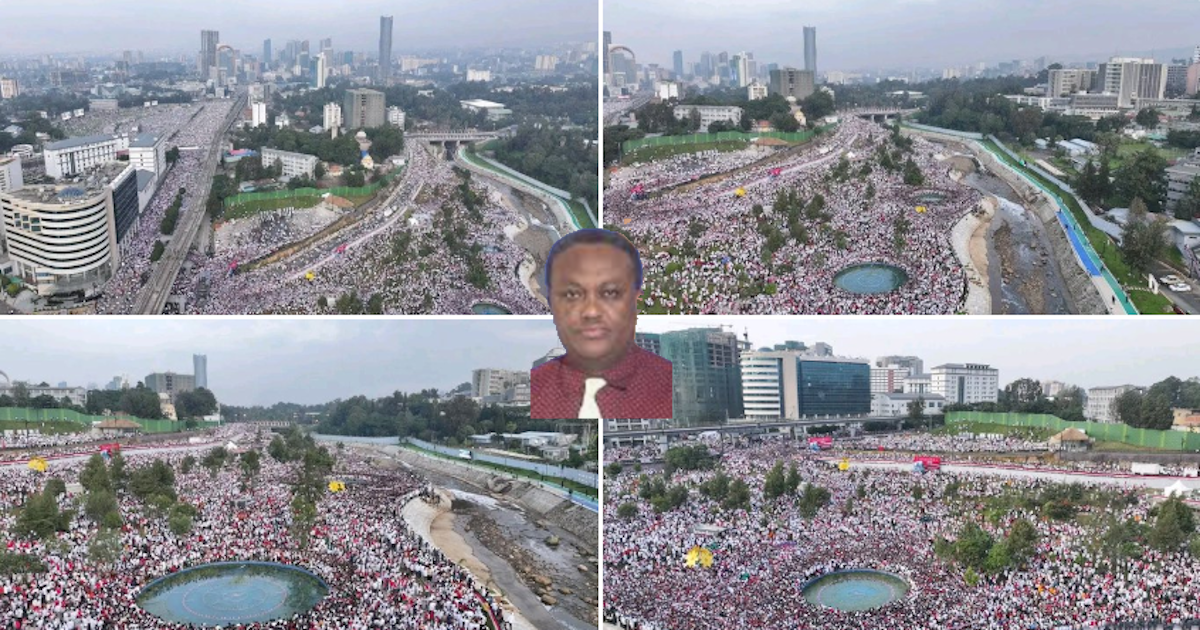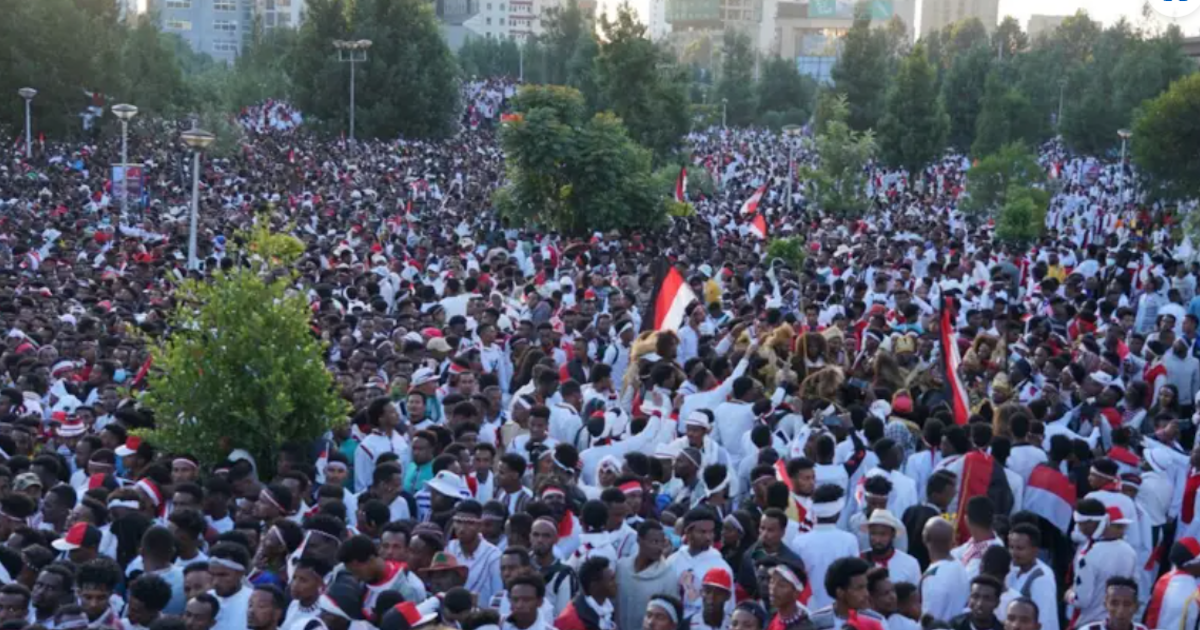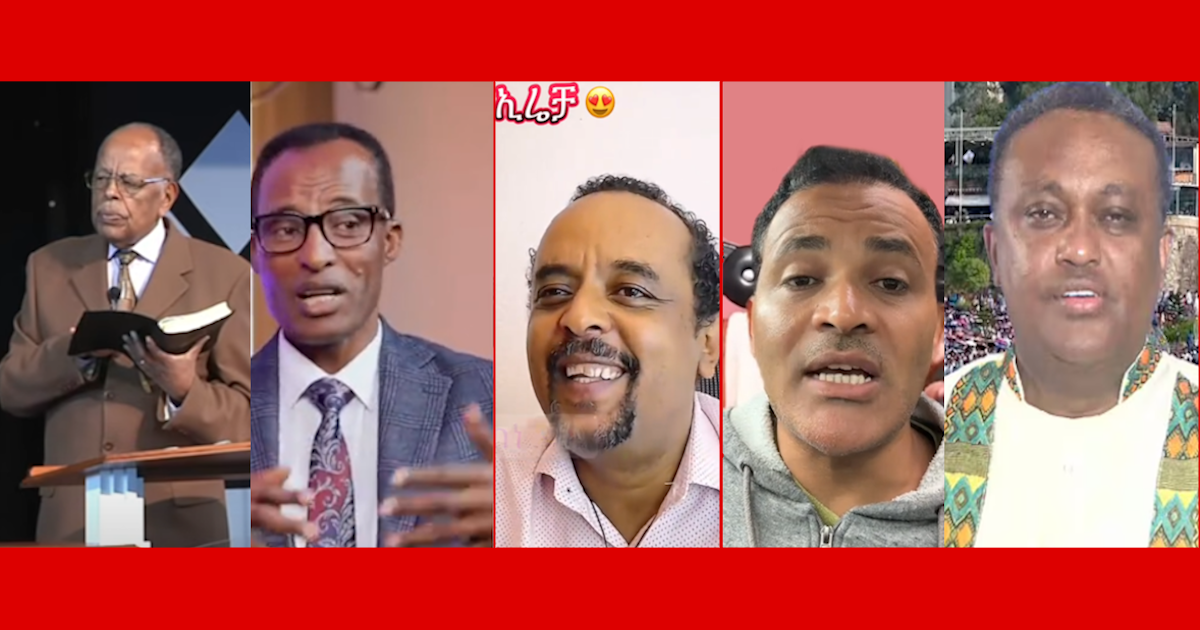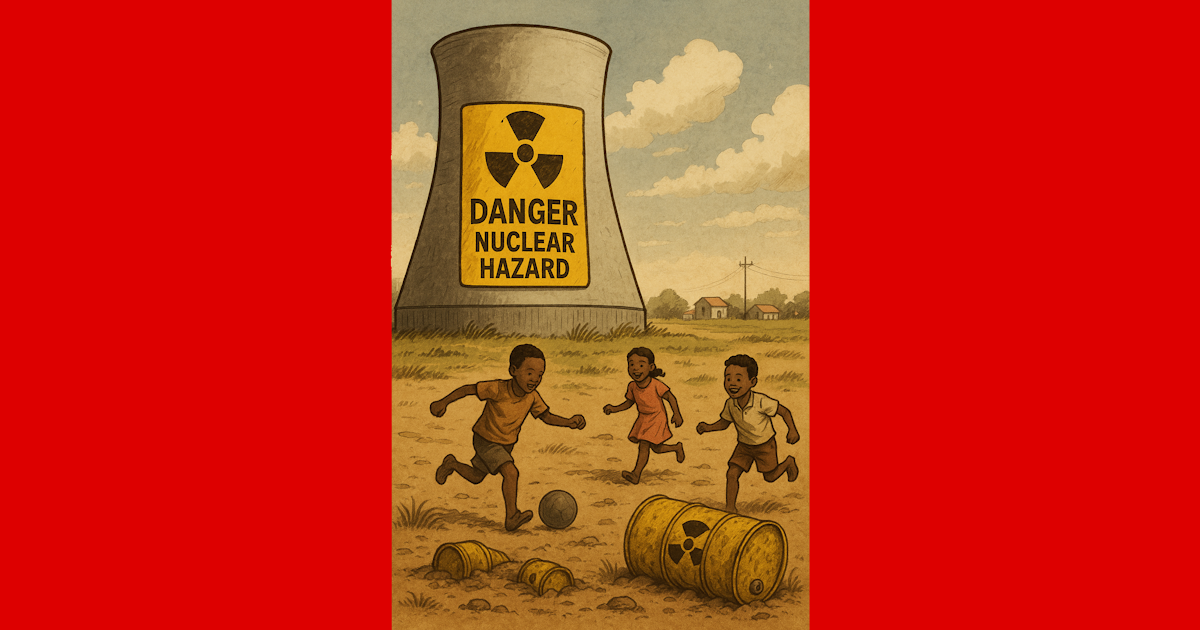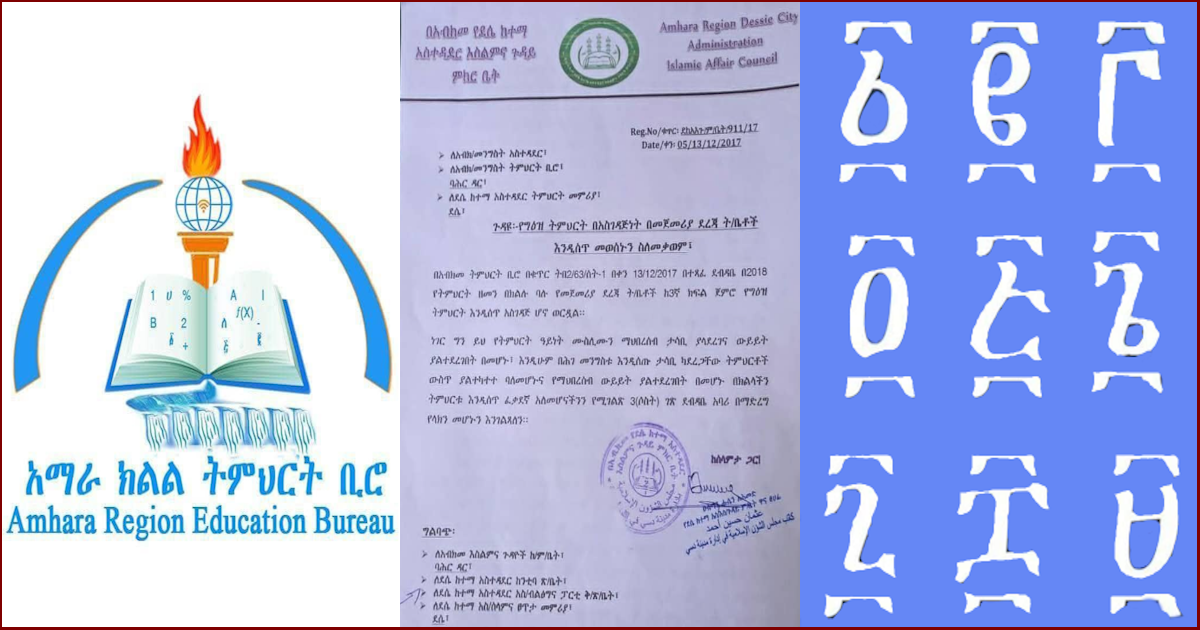The Immutable Standard: The Politician Who Stands Like a Mountain

There exists, in the crumbling, treacherous landscape of modern politics, a rare and nearly mythical figure—the Politician of Unyielding Principle. Unlike the fair-weather careerists who slither from one political feast to another, sniffing for power like a desperate hound at a butcher’s door, this individual is cut from stone, his convictions carved deep, immovable, impervious to time, pressure, or the cheap seductions of political opportunism.
This is the person who does not bend to the howling winds of convenience. While lesser creatures sell their souls in piecemeal transactions—trading ideals for influence, swapping integrity for a whisper of relevance—he stands, rain or shine, his moral compass unshaken, his word as solid as the earth beneath him. He does not make deals with his principles, does not auction his beliefs to the highest bidder, does not flutter like a confused moth towards whichever flame promises a ministerial post today and an easy escape tomorrow.
Where the political chameleon mutates to fit whatever ideological color is en vogue, this man remains brutally loyal—loyal not to a party, not to a faction, not to the transient tides of political fortune, but to the truth.
Brutal Loyalty vs. Brutal Opportunism
Brutal Loyalty:
- He plants his feet in the soil of his principles and dares the world to move him.
- He says the same thing behind closed doors as he does in public. No sugar-coating, no double-speak, no two-faced calculations of “who must hear what.”
- He does not defect when the road gets hard. He does not abandon ship the moment the waters turn choppy, nor does he leap onto the enemy’s vessel because their rations look tastier.
- He does not trade a lifetime of belief for a fleeting moment of power. No ministry post, no title, no ceremonial position can make him betray what he knows to be right.
- He walks willingly into the fire rather than compromise his soul. He will be slandered, ridiculed, outnumbered—but he does not blink. History will write his name in the ink of respect.
Brutal Opportunism:
- He is a political mercenary, an ideological vulture that circles the battlefield, feasting on whatever corpse offers the best chance of survival.
- He proclaims loyalty with passionate speeches but changes his flag the moment a better one is offered. Yesterday’s enemy becomes today’s best friend, and tomorrow’s best friend is the stepping stone he will trample on when he no longer needs them.
- His principles are made of paper—easily burned, easily rewritten, easily discarded. Whatever stance gives him the best seat at the table is the stance he takes.
- He does not believe in anything beyond himself. If today requires him to preach revolution, he will chant with the masses. If tomorrow requires him to become a regime lapdog, he will wag his tail.
- He is perpetually in search of the next throne, the next seat of power, the next opportunity. He does not care about the people, the cause, or the movement—he cares about his own survival, his own status, his own legacy.
The Legacy of the Two
The Politician of Brutal Loyalty may struggle, may be cast out, may even be persecuted. But he will be remembered—as a leader, as a fighter, as a rare and extraordinary human being who refused to be bought. His enemies may despise him, but even they will admit, in the dark silence of their consciences, that he was real.
The Politician of Brutal Opportunism, however, will rot in the forgotten annals of history. His name will be an epithet, his memory one of disgust, his legacy a cautionary tale. He will be discarded not just by the parties he betrayed, but by time itself—because men without principles are men without worth.
In Conclusion
There are two paths before every politician: to stand as an unbreakable monument of conviction or to crawl as a shape-shifting parasite, feeding off whatever scraps power throws his way. The former is difficult, painful, and often lonely—but it is the path of greatness. The latter is easy, profitable, and common—but it is the path of irrelevance and disgrace.
And when history comes knocking, when the final judgment is made, only one of these men (or women) will be remembered with honor.
You may be wondering—what is the purpose of this opinion essay, seemingly untethered to any immediate context? The answer lies in the testing times that have befallen Oromo politicians. In the midst of this political turbulence, it is imperative to revisit the fundamental tenets of our traditional democracy—dhugaa, safuu, imaanaa, and the ethical compass that has long guided our people. In these chaotic crossroads, where principles are tested and loyalties laid bare, that, I hope, provides the necessary clarity.

